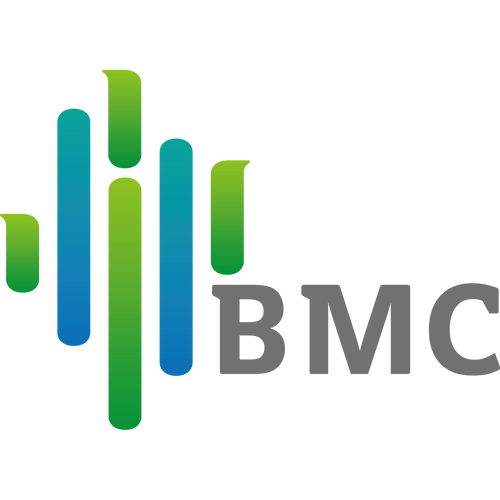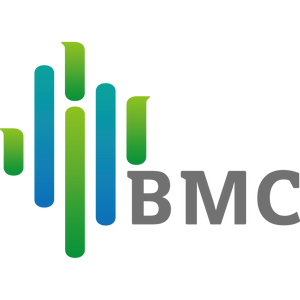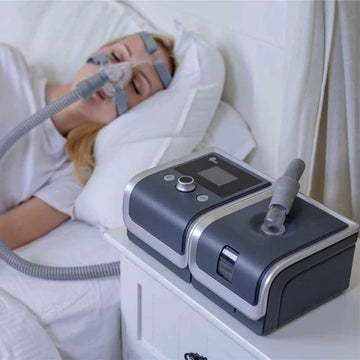If you breathe through your mouth at night or sleep with your mouth open, some CPAP machines may cause dry mouth. To reduce the air leak if you wear a nasal mask, you can use a chin strap to keep your mouth closed. Alternatively, you can use a CPAP machine with a full face mask that covers your mouth and nose. Additionally, a CPAP-heated humidifier that attaches to the air pressure machine may help to alleviate dry mouth.

It is not uncommon to wake up and find that you have removed your CPAP mask in your sleep. If you move around a lot while sleeping, you may find that a full face mask will stay on your face better. You may have removed your mask while sleeping due to discomfort. Consider trying a different type of mask that fits you better. If your nose is congested, making sure the mask fits properly and adding a CPAP-heated humidifier may help. A chin strap may also help keep the mask on your face. If this is a recurring issue, try setting an alarm at a certain time during the night to check if the mask is still on. You can gradually set the alarm for later in the night if you find that you are keeping the mask on for longer.
Most newer models of CPAP machines are very quiet, but if you find the noise from your machine to be bothersome, first check to make sure the air filter is clean and unobstructed. If something is blocking the filter, it may worsen the noise. Ask your doctor or CPAP supplier how to properly clean your mask and hose. If this doesn't help, have your doctor or CPAP supplier check the machine to ensure it is functioning correctly. If the machine is working properly and the noise is still an issue, try wearing earplugs or using a white noise sound machine to mask the noise. Placing the CPAP machine as far away from the bed as possible may also help reduce the noise. Ask your doctor or CPAP supplier if extra tubing is available and suitable for your machine.


